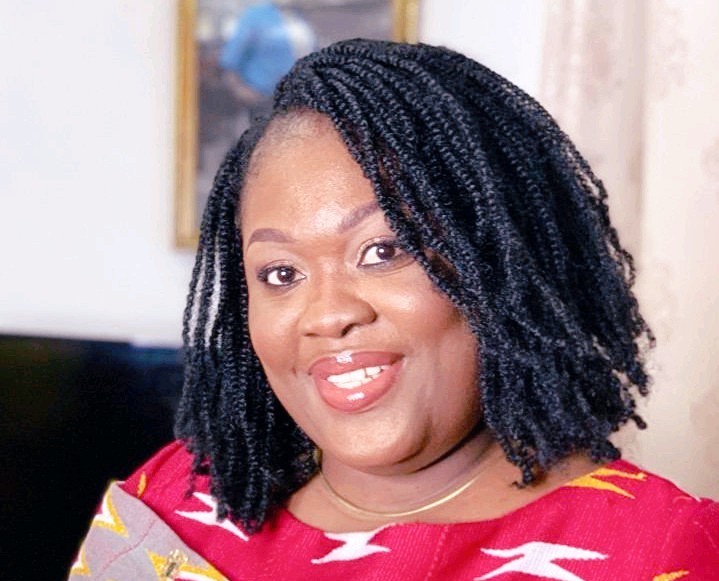
According to Asonaba Dapaah, a lawyer and constitutional expert, Article 146 of the Ghanaian Constitution cannot and should not be interpreted or used in a way that compromises fundamental liberties and human rights. Her comments coincide with a heated national discussion over the application and ramifications of Article 146 with regard to the behavior and potential dismissal of public servants, especially in the court.
What Is Article 146?
Article 146 of the 1992 Constitution of Ghana outlines the procedures for removing judges and certain public officials from office for stated misbehavior, incompetence, or inability to perform their duties. It includes provisions on how complaints can be filed, how committees are set up to investigate such complaints, and how recommendations are submitted to the President.
Asonaba Dapaah issued a warning in a recent legal forum that although Article 146 creates significant legal procedures, their implementation must be in accordance with Chapter 5 of the Constitution’s larger commitment to fundamental human rights. She emphasized that no constitutional clause, including Article 146, should be used to violate someone is right to privacy, dignity, freedom of association, or a fair trial.
The seasoned attorney asserts that Ghana cannot interpret Article 146 in a vacuum.
“It exists within the same Constitution that guarantees human dignity, equality before the law, and freedom from arbitrary actions,” Asonaba stated.
She emphasized that no investigative or disciplinary process should become a tool for harassment, political witch-hunting, or the unjust destruction of reputations, particularly in cases where public interest and media narratives dominate before investigations are concluded.
Her comments are seen by many as a response to recent events involving Chief Justice Gertrude Araba Esaaba Torkornoo, who has faced public scrutiny over alleged misconduct linked to travel with family members—an issue some critics believe has been unfairly politicized and possibly misused under Article 146 procedures.
Legal analysts and civil society organizations have expressed concern that the processes under Article 146 are prone to misuse or protracted delays that damage the reputations and careers of individuals involved because they are opaque, lack deadlines, and frequently occur behind closed doors.
Chief Justice’s Suspension Lacks Good Grounds— Miracles Aboagye
Asonaba Dapaah urged Parliament, the judiciary, and constitutional experts to examine the operationalization of Article 146 in order to make sure that the principles of natural justice and constitutional balance are reflected in its execution.
“We must protect the integrity of the judiciary without sacrificing the rights of individuals. Justice delayed, denied, or manipulated is justice betrayed.”
Asonaba Dapaah’s intervention adds an important legal perspective to the growing calls for constitutional reform and institutional accountability. While Article 146 serves a crucial purpose in holding public officials to account, its application must be handled with fairness, transparency, and an unwavering respect for the fundamental human rights enshrined in the Constitution.





